United Airlines flight attendants rallied at Honolulu Airport yesterday, drawing attention to a growing labor dispute that could ripple through the busy holiday travel season. As Hawaii-bound travelers prepare for their festive getaways, tensions between the airline and its crew have reached a critical point. The implications for those flying to the islands are becoming increasingly clear as discussions of strikes and disruptions escalate.
Why United Airlines matters for Hawaii travel.
United Airlines plays a critical role in Hawaii’s tourism ecosystem, offering extensive routes from key mainland cities to Honolulu and other island destinations. For many travelers, United is a go-to carrier, particularly during the high-demand holiday period. The airline’s disputes with its flight attendants raise concerns about potential schedule disruptions, last-minute cancellations, and customer service challenges—issues that could directly affect Hawaii-bound passengers.
The timing of this unrest is particularly impactful for Hawaii travel. With visitor numbers typically spiking during the holidays, any operational hiccup at United could leave travelers scrambling for alternatives. Compounding the situation, other airlines are already dealing with their own challenges, limiting flexibility for those seeking last-minute rebookings.
United has faced heightened scrutiny for its approach to labor disputes, especially as its CEO compensation has grown by 90% in recent years, even as flight attendants have gone four years without a raise. For Hawaii travelers, the possibility of operational instability raises questions about the reliability of their holiday travel plans.
What happened at Honolulu airport yesterday.
Flight attendants picketed outside Daniel K. Inouye International Airport, signaling frustration over protracted contract negotiations with United Airlines. The demonstration was part of a coordinated effort across several major airports, but the rally at HNL highlighted Hawaii’s importance in this ongoing labor dispute.
Union leaders emphasized their growing dissatisfaction, pointing to stagnating wages and what they described as “far-reaching concessions” proposed by United. The rally also underscored the potential for escalating actions, with some flight attendants volunteering for GUTS (Gearing Up to Strike)—a program designed to prepare workers for possible walkouts if federal mediation fails to yield results.
Kevin Batey, the local executive council president for United’s flight attendants, noted that the strike vote held earlier this year had overwhelming support, with 99.9% of union members voting in favor. This marks the first such vote since United’s 2005 bankruptcy negotiations, demonstrating the depth of frustration among the airline’s crew.
Travelers respond to the growing crisis.
Comments from Beat of Hawaii readers reflect travelers’ uncertainty about United’s challenges. Erik wrote, “I’ve always flown United to Maui, but I’m starting to reconsider with all these disruptions.” Another reader, Jane, shared, “Labor disputes like this make me nervous about booking flights too far in advance.”
On the other side of the discussion, some readers expressed support for the flight attendants. Cindy commented, “They’ve gone four years without a raise while the CEO’s pay skyrocketed. How is that fair?” These contrasting views highlight the dilemma facing Hawaii travelers as the dispute escalates.
Other readers raised practical concerns. Mike shared, “I already booked my Christmas trip with United. What happens if they strike before I fly?” This question underscores the importance of preparation and contingency planning during this uncertain time.
Broader implications for Hawaii-bound travelers.
This labor dispute is part of a larger trend in the airline industry, where tensions between record profits and worker demands are coming to a head. United’s flight attendants are seeking a new contract that aligns with recent agreements at rival airlines like American, which recently approved a significant pay raise for its crew. Meanwhile, United management has reportedly resisted key union demands, citing the need to remain competitive.
Hawaii travelers are uniquely vulnerable to the effects of this unrest. With limited options for long-haul flights to the islands, disruptions at United could create a ripple effect across the broader travel ecosystem. Holiday travel plans, which are often made months in advance, could face sudden upheaval if strikes or other labor actions materialize.
The potential reduction in service or reliability at United also raises questions about its long-term commitment to Hawaii routes. As other airlines vie for dominance in the Hawaii market, United’s labor instability may influence its future operations in the islands.
Practical advice for Hawaii-bound passengers.
Travelers flying to or from Hawaii during this period of uncertainty should take proactive steps to protect their plans. Keeping up with the latest Facebook updates on United’s labor negotiations is crucial, as strike actions could be announced with little warning. Travelers can sign up for United alerts through the airline or trusted travel platforms.
It may also be wise to consider flexibility when booking flights. Choosing tickets with generous change or cancellation policies could provide peace of mind, especially for those traveling during peak holiday times. Exploring alternative airlines that serve Hawaii, such as Southwest Airlines, could also mitigate risks.
For travelers who have already booked with United, monitoring flight schedules and having a backup plan is essential. In some cases, purchasing travel insurance that includes coverage for labor strikes could offer additional protection.
Conclusion.
As United Airlines grapples with escalating tensions between management and flight attendants, the stakes for Hawaii-bound travelers have never been higher. The rally at Honolulu Airport underscores the airline’s critical role in Hawaii’s tourism network and highlights the potential risks of labor unrest. Staying informed and prepared will be key to navigating this turbulent period for those planning trips to the islands.
Photo Credit – Facebook
Get Breaking Hawaii Travel News
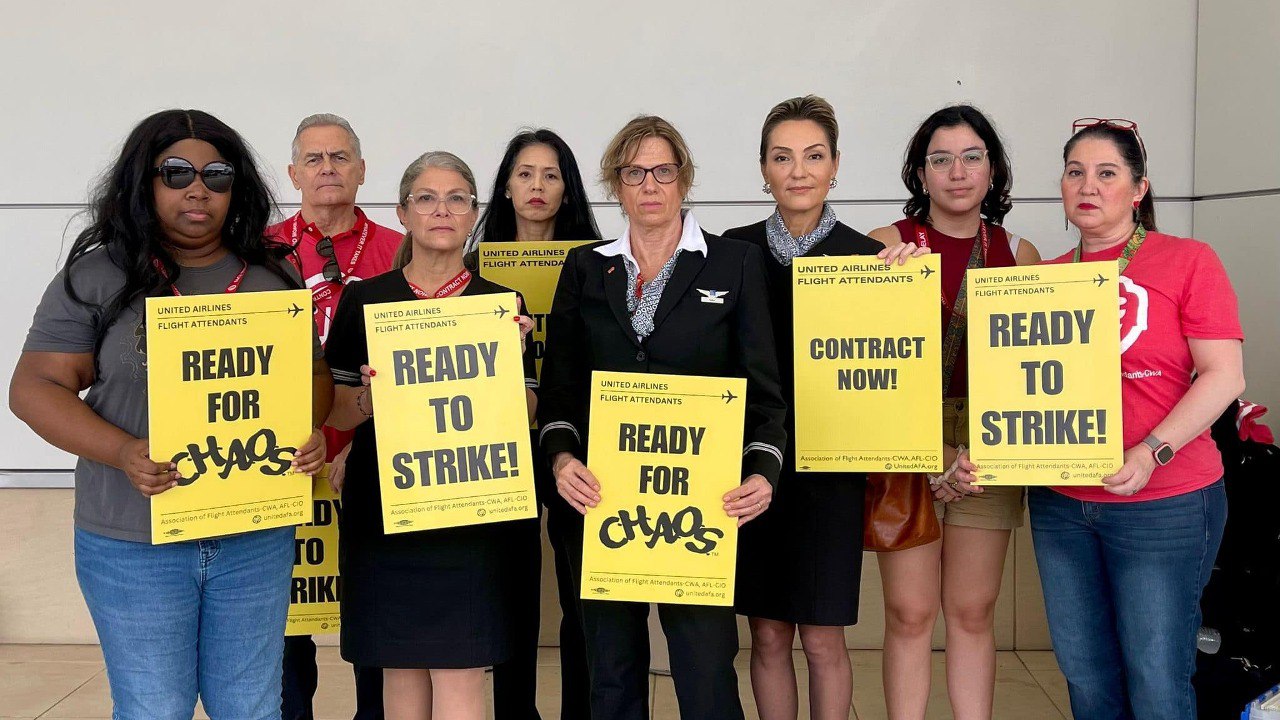

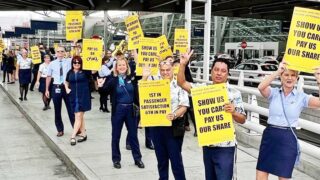

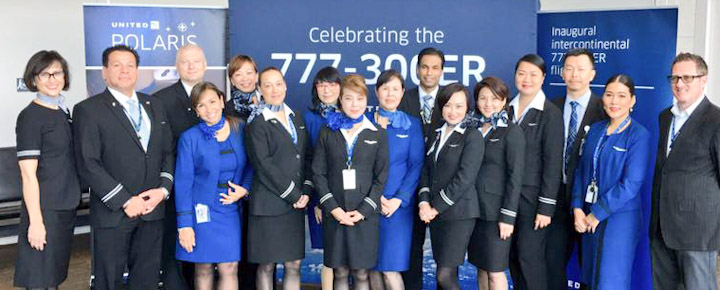
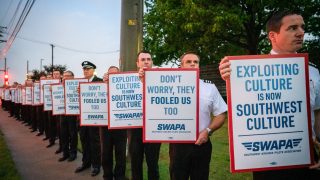
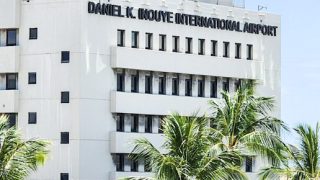
Always strike for this and that. Unions want to much money and none of it goes to the worker and some of you workers are greedy. Everything is going up except my paycheck. All I know is if my vaca is ruined by the strike I wont be rescheduling a Hawaii(im only going for my sister so I wont miss much) vaca at all ever so no lost there. There is plenty of other destinations with better beaches to visit, so go ahead and strike, ruining peoples vacations, but be careful, your jobs are not exactly hard so there are plenty of illegals immigrants who will gladly take your jobs as they are doing now so you wont be missed.
Before Flight Attendant training begins background checks are done by USCIS and the FBI. Legal status is verified or they cannot be hired.
Yet another reason for me to avoid flying UAL (which was my favorite airline in the 60’s and 70’s)…
Best Regards
I’m a flight attendant with American Airlines and just reached out to a flight attendant friend with United to get the latest. They cannot strike until the National Mediation Board releases them. Once released a strike can occur 30 days after. We have to follow the rules of the railroad labor act. No exceptions. So if the NMB happens to release them on Dec 23 a strike can’t happen until Jan 22! So all clear for Christmas and your readers not worry. Of course they deserve a contract worthy of pay and benefits and hope United stops being so greedy and give them what they deserve. We finally ratified our contract after 5 years and pray they step up and match us or better. A happy flight attendant makes for a happy flight!
All correct CeCe with one very big difference. The majority of ppl think a strike is basically where everyone walks off the job and walks the picket line. I am also a Flight Attendant of 30+ years. The US Government would NEVER allow us to strike bc we are “essential” to US commerce. The power we do have is called CHAOS. That stands for Create havoc around our system. In coordination with our union leaders selected outstation flights would be cxld by the crew going out on individual strikes of specific flights. These would be unannounced and in cities not in a base city, so the company doesn’t have any available crews there. This would create havoc having several if not dozens of flights cancelled by the crews. Eventually management would have to return to the bargaining table and come to an equitable contract solution. Very targeted strikes on individual flights but totally creates havoc and gets the union’s position across. 90-95% of the flights fly as normal.
I think overall that unions need to start treading lightly. Only in America do you demand pay for a job that any other job pays what the job is worth. Ironically, this is completely opposite of a free and equitable market.
Unions in the 21st century are unnecessary hostage takers and I revel in their failures. You get paid what the job pays you. Welcome to America.
No raises for 4 years? I am sure the CEO thinks he deserves
every penny of his Millions of $.
Well I just got a 4.2 percent raise, but what was the inflation rate this year?